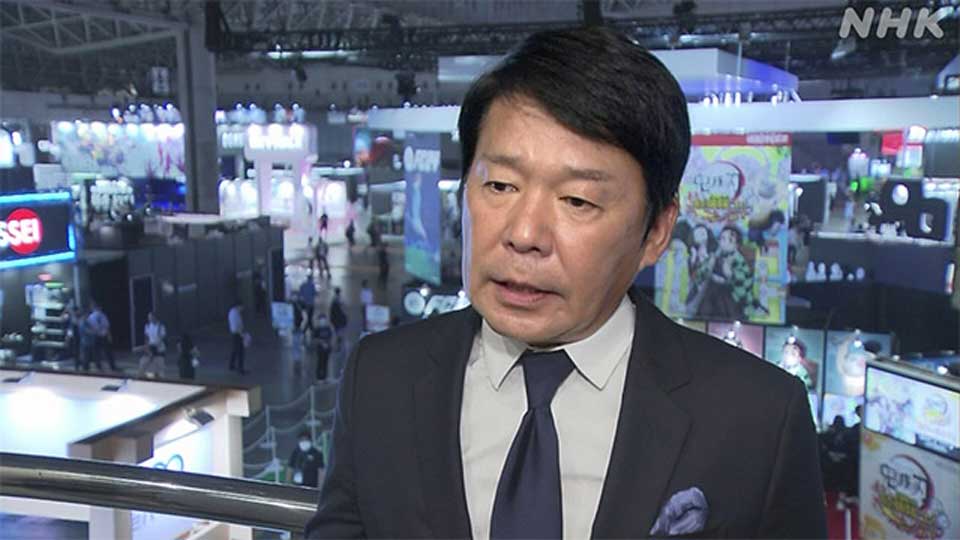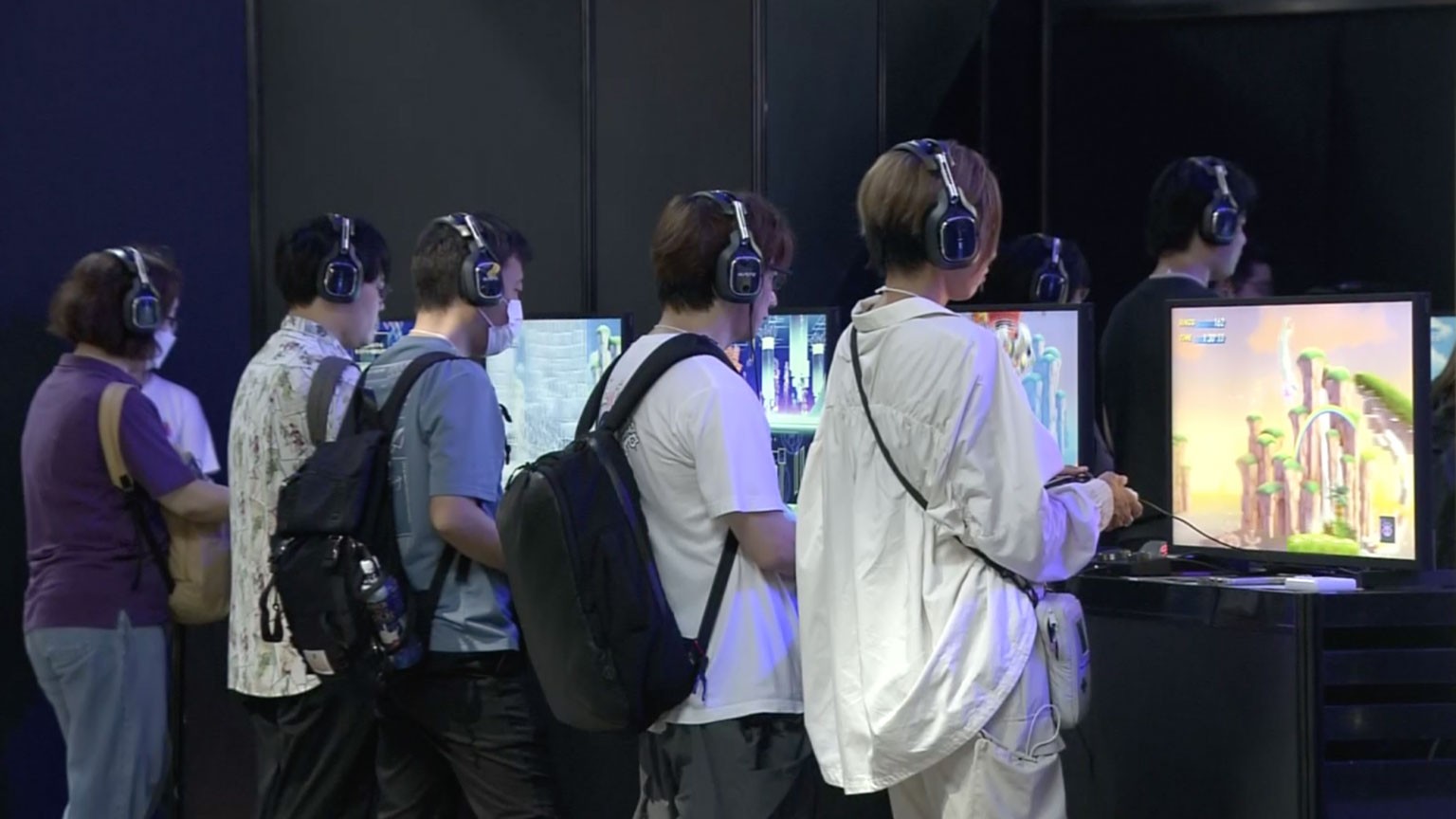Profits in peripherals
Like any other professional athlete, Mori Shoma obsesses about his kit. The wrong grip on a game controller can make the difference between winning and losing.
"I use a special gaming chair," says Mori, who competed in the IOC's first international esports competition in June. "I sit for a long time. It's important to have a comfortable environment for playing."
Keyboards, mice, headphones, chairs. Flashy accessories have been a steady source of profits since the dawn of gaming. But the arrival of esports and competitive live streaming has turbo charged the stakes in the industry's ecosystem — for competitors, consumers and businesses alike.

Gaming furniture
Nitori, a major furniture company, is one of the newcomers coveting a seat at the gaming table. Focusing on casual players, it has developed gaming desks and chairs designed to fit easily into the small rooms typical of Japanese apartments. It is even offering a movable gaming bed, ideal for conserving energy during marathon sessions.
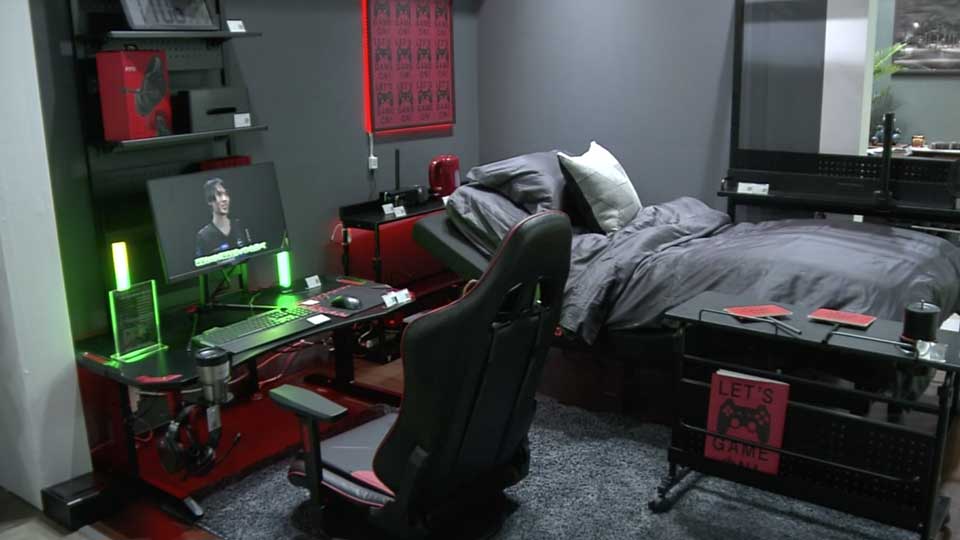
Miyake Kosuke of Nitori's Merchandising Division says gaming furniture is a chance to recruit a new generation of customers. "If we can attract young gamers, there is a possibility that they will continue to choose our furniture in later years, so we see this as a great business opportunity."
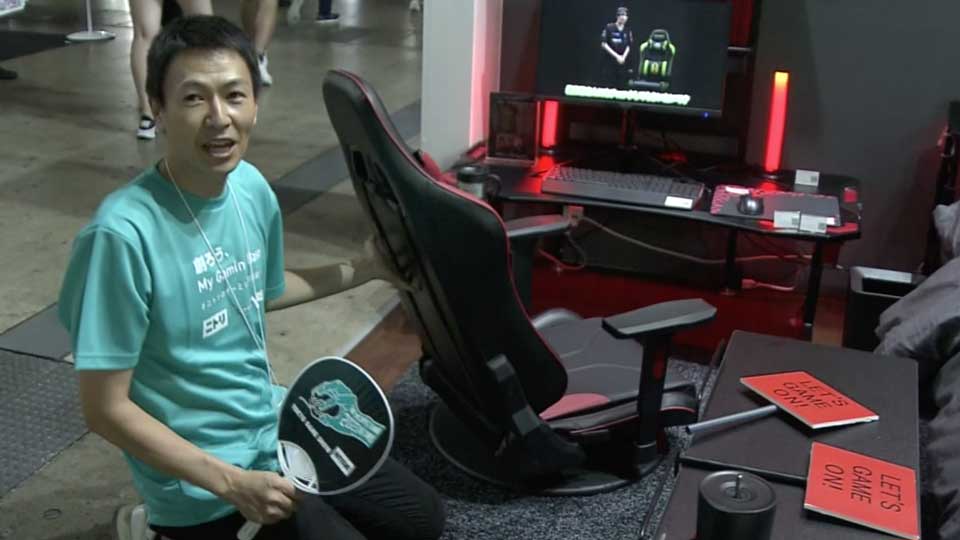
Apartments wired for gaming
And then, there is the "Gaming Mansion" — an even more ambitious lifestyle play from Tokyo-based real estate company Livlan.

The rooms feature soundproof doors and windows — the kind usually found in a music studio. That is not a coincidence ... the company has 20 years' experience customizing apartments for musicians. They remodeled some rooms for gamers. They also fitted high-voltage power supplies and high-speed internet connections.
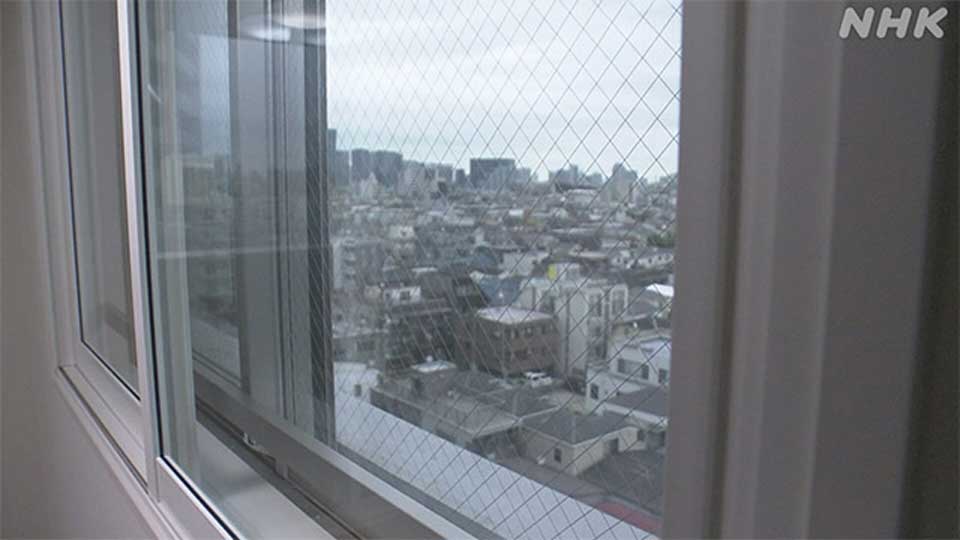
The company says all these features are the result of feedback from gamers. Noise is a common concern. Many console jockeys like to play at night, a habit that invariably triggers complaints from neighbors.
Toguchi Yuko, a section manager at Livlan's publicity department, says the company already has an apartment building dedicated to gaming, and is on schedule to complete another one at the end of 2023. The company eventually aims to manage a total of 31 buildings and 743 rooms. More than 4,000 people are on the waiting list.
"It feels like gaming culture is starting to cross over into many areas of our lives. I hope our residential properties will contribute to this social trend."
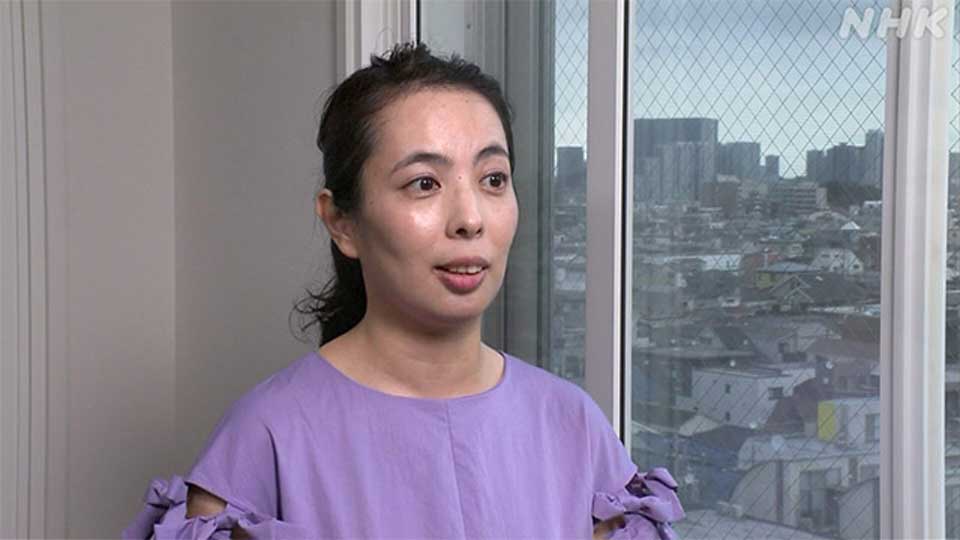
Innovation in the ecosystem
According to an estimate by the Japan esports Union, the domestic market is projected to reach approximately 13 billion yen in 2023, and to continue expanding at an average annual rate of 20 percent. The market for related businesses in 2018 was more than six times bigger than sales in the esports market itself. And experts say with new players bringing in novel business ideas, the potential for growth is just getting started.
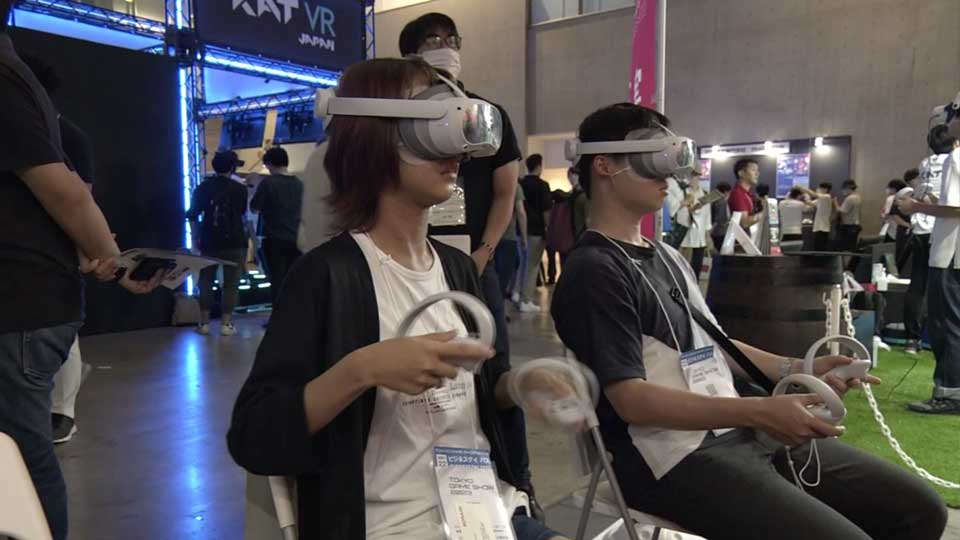
"Games are growing in a way that involves related sectors more than we imagined, says Tsujimoto Haruhiro, chairperson of the Tokyo Game Show. "I have high expectations for future expansion."
